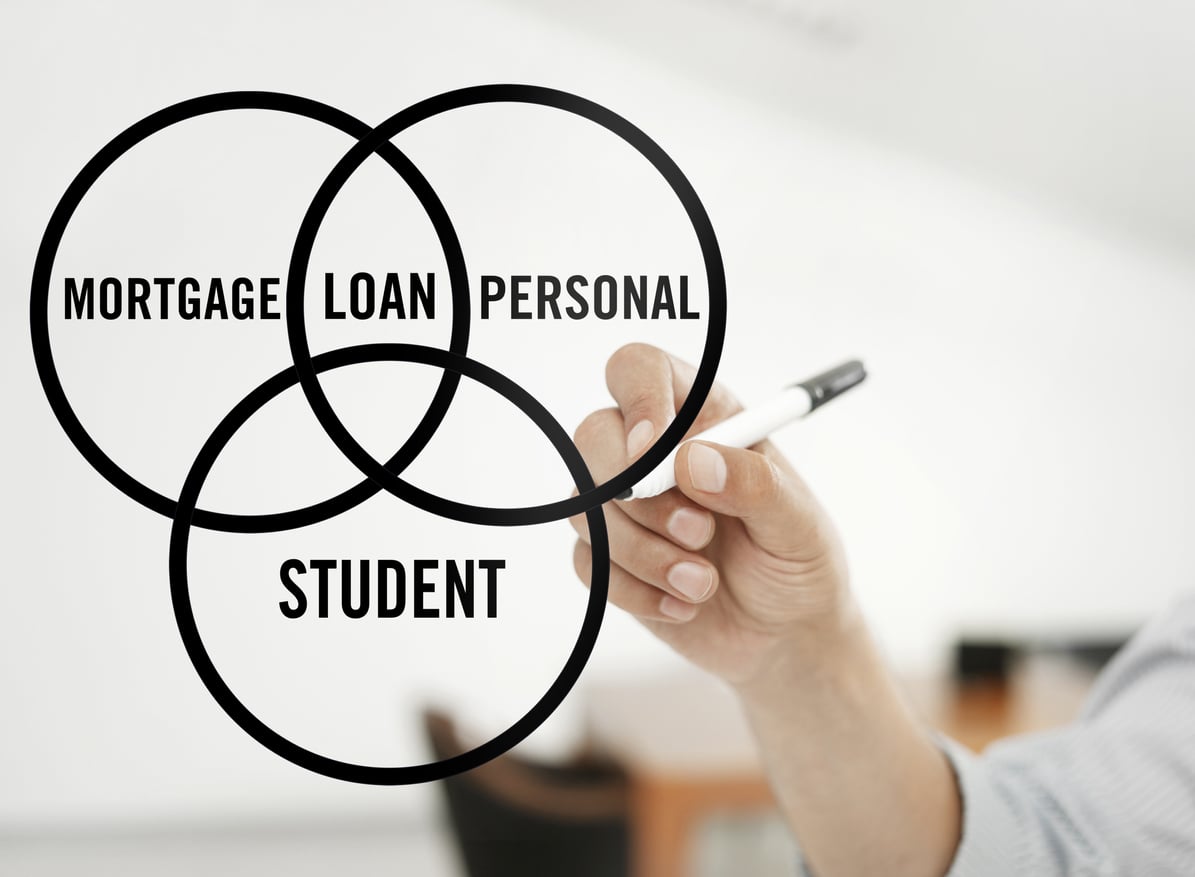What Are the Benefits of Secured vs Unsecured Loans?

There are two basic sorts of financing alternatives that give borrowers access to money: secured loans and unsecured loans. The primary distinction between the two is that although an unsecured loan does not require collateral, a secured loan does.
Prior to determining whether to apply for a secured or an unsecured loan, it's critical to be aware of the advantages and disadvantages of each type of financing. Making an informed choice when choosing a loan product can be made easier with the knowledge of these information.
The fact that secured loans often have lower interest rates than their unsecured equivalents is by far their biggest advantage. This is because lenders consider them to be less risky because they know they will be able to recover their losses by taking back the collateral in the event that the borrower defaults on the loan. Unsecured loans, in contrast, typically carry higher interest rates because the lenders are not guaranteed to get their money back in the event that the borrower defaults on the loan.
Secured loans have another advantage in that they frequently give borrowers access to bigger sums of money than unsecured loans do. This is due to the fact that lenders are more inclined to grant higher-value requests when collateral is present—as long as it has a value equal to or greater than the amount being borrowed. As a result, secured financing might be advantageous for those who need large sums of money, such as business owners or entrepreneurs.
Additionally, unsecured loans have several benefits. You won't have to put up any of your possessions if you default on the loan because they don't require collateral, which can be a significant advantage for people wishing to preserve their personal property from repossession or foreclosure. Additionally, since lenders often don't demand as much supporting evidence or verification while processing the application, unsecured loans are frequently simpler and quicker to apply for than secured choices.
Unsecured loans also have the advantage of potentially being accessible to people with poor credit. Many unsecured lenders will nevertheless accept applications from consumers with lesser credit scores even though secured loans normally require borrowers to have good or excellent credit ratings. This enables those who don't yet have a strong credit history to consider unsecured loans as a realistic choice.
The kind of loan you select will ultimately rely on your unique financial demands and circumstances. If you need to access big sums of money at lower interest rates or have poor credit that could prohibit you from being approved for an unsecured loan, secured loans might be a great option. However, you should be aware that putting up collateral does carry some risk. Conversely, unsecured loans are a fantastic choice if you want a quick decision and don't want to risk any of your assets. Before making a choice, it's crucial to consider the advantages and disadvantages of both secured and unsecured loans.
Whatever loan type you select, it's critical to understand the terms of repayment as well as any fees or penalties that may be imposed. Make sure in particular that you comprehend the amount of interest you will pay during the loan's term as well as what will occur if you don't meet your payment commitments. By being aware of this information, you can help prevent going into debt while taking out a secured or unsecured loan.

